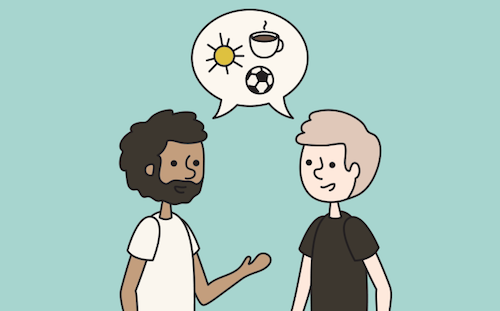SESSION 5

Source: premiumbeat.com
NOTE TO STUDENTS
Students from the below groups will receive PIN numbers via email weekly to access activities on my iDoceo Connect platform and submit their exercises for correction.
601, 607, 612, 615, 619, 624, 462, 680, 681, 689, 690 and 691
The solutions to exercises in this session will be published when the above groups have submitted them.
DO YOU HAVE A BUSINESS TEAM ALREADY?
START BUILDING UP YOUR COMPANY!!
- Name and activity
- What do you produce/sell?
- Why do you need to hire somebody?
STRUCTURE
Session 5: contents
- TELEPHONING
- Telephone expert Quiz
- Dealing with situations
- Mix and match: problems and solutions
- MEETINGS
- Stages of a meeting
- How to run a meeting
- NETWORKING
- Small talk
- Professional phone calls
DRAFT YOUR PROJECT!!
You don't know where to start?
See some mixed-quality 2019-20 sample projects here:
Sample 1 with corrections
Sample 2 - Sample 3
Sample 4 - Sample 5
Sample 6 - Sample 7








